Venson Automotive Solutions is calling on the Government to double its charge point ambitions from 300,000 chargers outlined in the Electric Vehicle Infrastructure Strategy to at least 600,000 by 2030.
Alison Bell, operations director for Venson Automotive Solutions says that, while the Government’s ambitions offer “seeds of hope for companies” wishing to accelerate adoption plans for cleaner fleets, there remain concerns of a “postcode lottery” on charging capabilities and costs.
“The 300,000 charge point target assumes that people will adopt regular home and workplace charging and lower their average mileage,” added Bell.
“However, what the Government hasn’t considered is the differing needs of company car and commercial vehicle drivers, compared to private drivers, nor does it consider the relatively inefficient charging behaviours of many drivers, fleet or otherwise.”
Research from the EV Energy Taskforce suggests that the UK will need between 253,000 and 661,000 extra electric vehicle (EV) charge points by 2035 to meet the phase out of internal combustion engine (ICE) vehicles.
Several fleet management factors, including accommodating shift workers, planning the number and length of daily journeys for drivers and ‘on the job’ parking requirements, suggests that the Government’s target of 300,000 charge points is “massively underestimated”, warns Venson.
Despite these concerns, Venson welcomed assurances of greater cohesion between Government and local authorities, with different funding streams for EV infrastructure to be consolidated as much as possible to ensure clarity, simplicity and efficiency for local authorities.
A survey of UK motorists by Venson saw 43% back local authorities being responsible for planning and delivering an EV infrastructure.
“The £500m local infrastructure support programme designed to help deploy local charge points at scale across the country should go some way to helping meet the diversity of fleet needs,” continued Bell.
“Not only will the funds help unlock financial barriers to deployment experienced by many local authorities, but they will also support a programme which directs much needed expertise to work in partnership with them.
“This will be a massive help in ensuring authorities grasp what charging points are needed where and consider not just local residents, but the fleet sector which significantly relies on local authority charging points too.”
Bell concluded: “The Government says that getting fleets to adopt EV is vital, yet if it sets out to achieve its minimum target of charge points by 2030, it risks decelerating fleet procurement of EVs.”

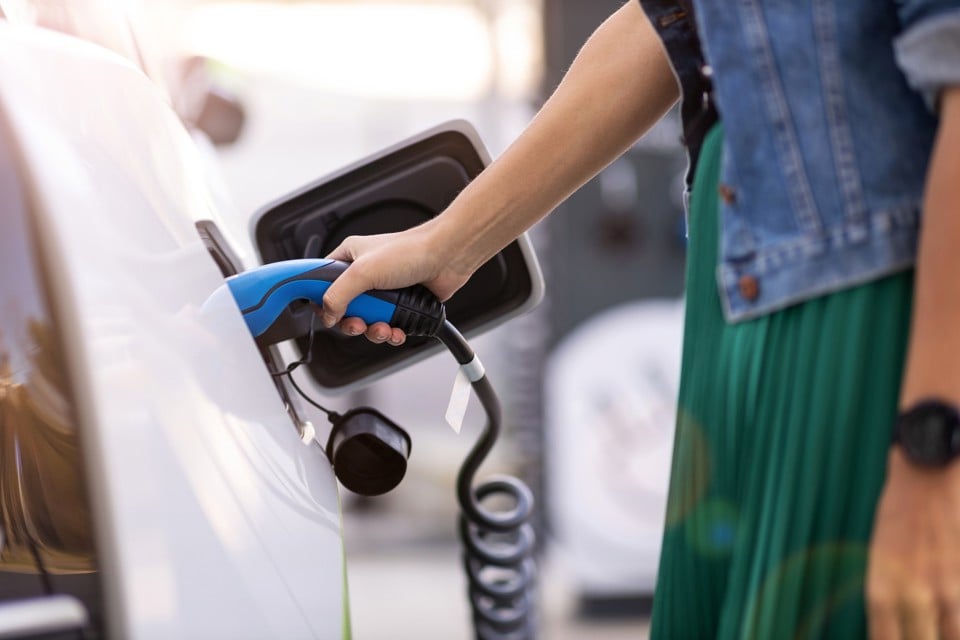




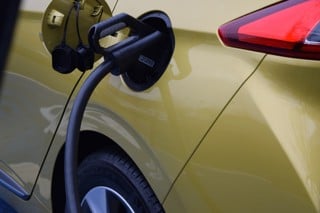
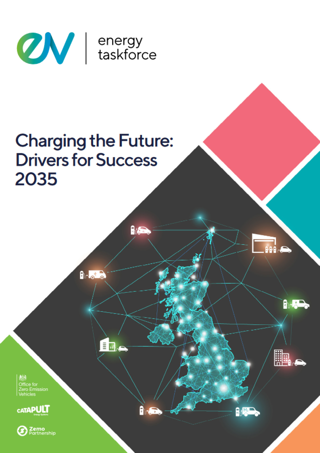
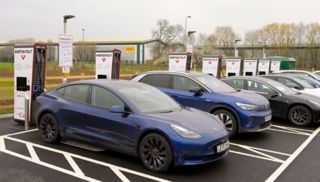
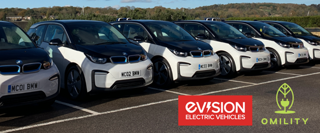
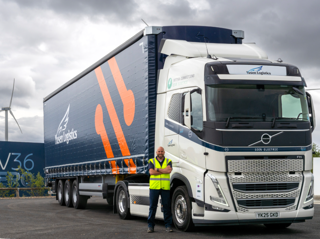













Login to comment
Comments
No comments have been made yet.